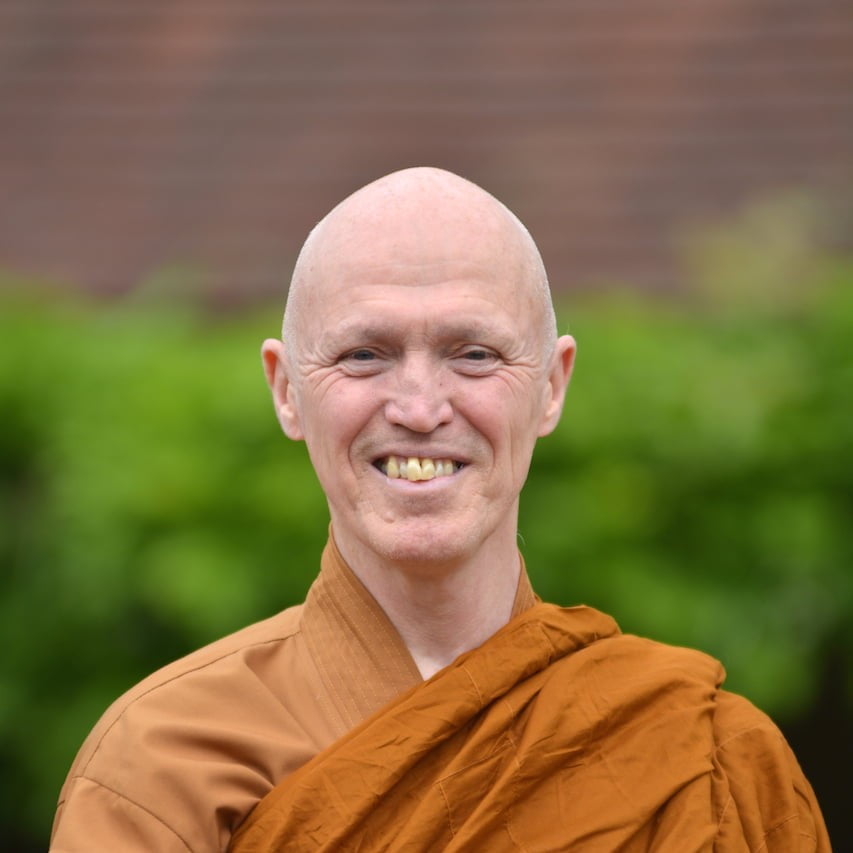
Ajahn Sucitto
Luang Por Sucitto was the abbot of Cittaviveka – Chithurst Buddhist Monastery from 1992 until 2014. He was born in London and went forth as a bhikkhu in Thailand in March 1976. Luang Por Sucitto returned to Britain in 1978 and took up training under Luang Por Sumedho at the Hampstead Buddhist Vihara. In 1979 he was one of the small group of monks, led by Luang Por Sumedho, who established Cittaviveka – Chithurst Buddhist Monastery.
In 1981 he was sent up to Northumberland to set up a small monastery in Harnham, which subsequently became Aruna Ratanagiri Monastery. In 1984 he accompanied Luang Por Sumedho in establishing Amaravati Buddhist Monastery in Hertfordshire. In 1992 he was appointed abbot of Cittaviveka. On October 26, 2014, he resigned the post, but has continued teaching as before.
Luang Por Sucitto's main work has been in teaching, editing and writing, although he was also largely responsible for the creation of the protocols and standards that flesh out the Ten Precept training of the Sīladharā (nuns) Order.

